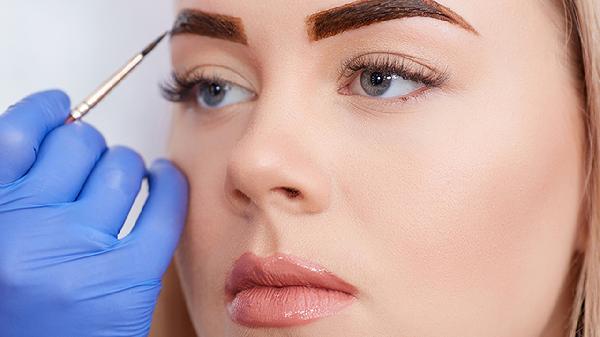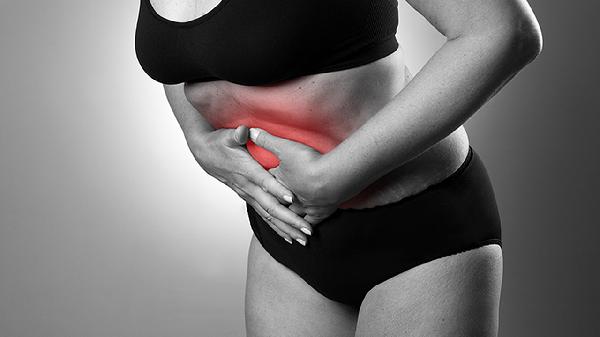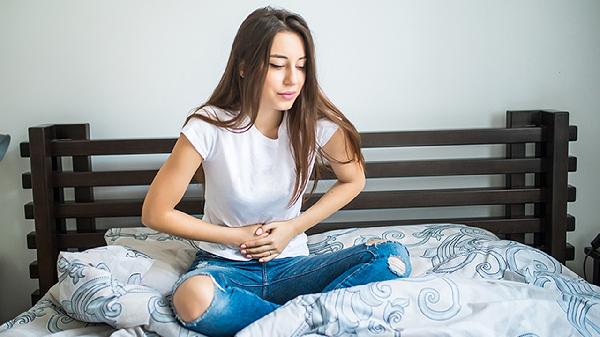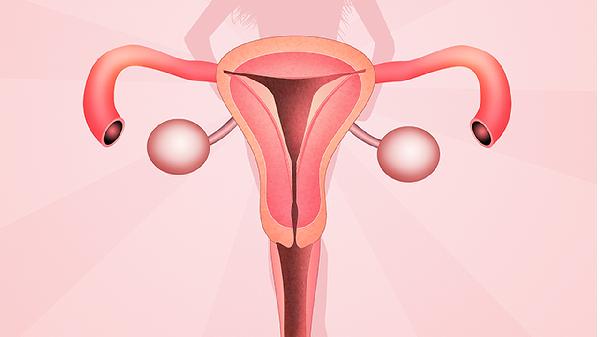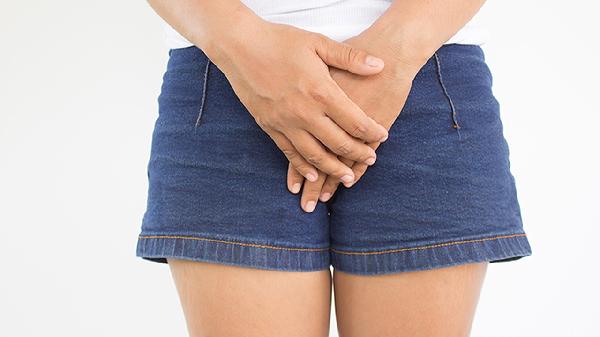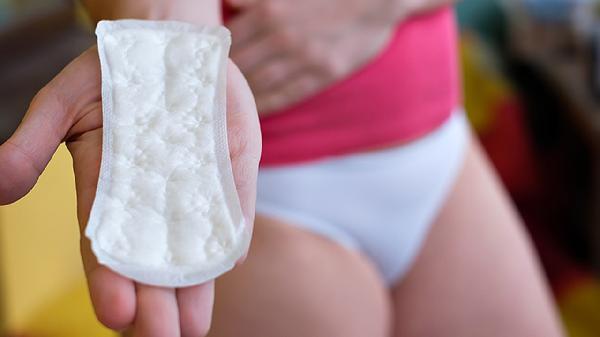Ovulation generally occurs in the middle of two regular menstrual cycles. During ovulation, due to the maturation and release of the egg, estrogen levels drop significantly. In some women, the lower estrogen levels at this time cannot sustain the growth of the endometrial lining, leading to local shedding of the endometrium and thus causing some breakthrough bleeding. However, generally speaking, after ovulation, the formation of the corpus luteum, which secretes estrogen and progesterone, will quickly repair the endometrium and cause it to transition to the secretory phase, allowing the lining to thicken and repair, stopping the bleeding. Therefore, bleeding during ovulation is very short-lived and minimal, possibly lasting a few hours or 2-3 days. But if the bleeding during ovulation lasts longer, is it due to low estrogen?
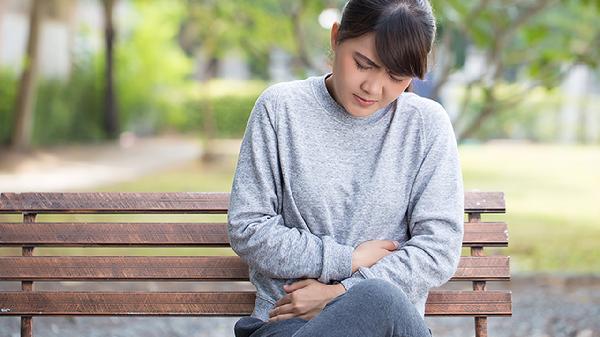
Prolonged bleeding during ovulation may be due to low levels of estrogen secretion in the body. You can go to the hospital to have a hormone level test to determine the cause. If estrogen levels are low, you can use medications like estradiol valerate to supplement estrogen and actively regulate it. Pay attention to eating more foods like black beans and soybeans. Additionally, bleeding during ovulation also needs to be checked for cervical erosion, cervicitis, endometrial polyps, or submucosal fibroids. If necessary, you can go to the gynecology department for a cervical TCT test and a transvaginal ultrasound. Palpate the uterus and bilateral adnexa for tenderness, thickening, or masses to determine the specific type of disease, and then targeted treatment can be applied to improve the symptoms of bleeding during ovulation. Usually, it is also important to avoid eating spicy, grilled, and fried foods during ovulation. Do not eat frozen or cold foods to avoid prolonging the bleeding time. During bleeding, you should also change and wash your underwear daily, and use panty liners or sanitary pads when there is heavy bleeding. Keep the external genital area clean and hygienic.


